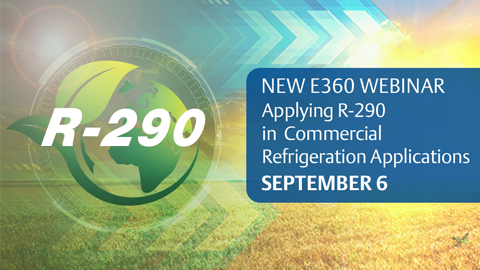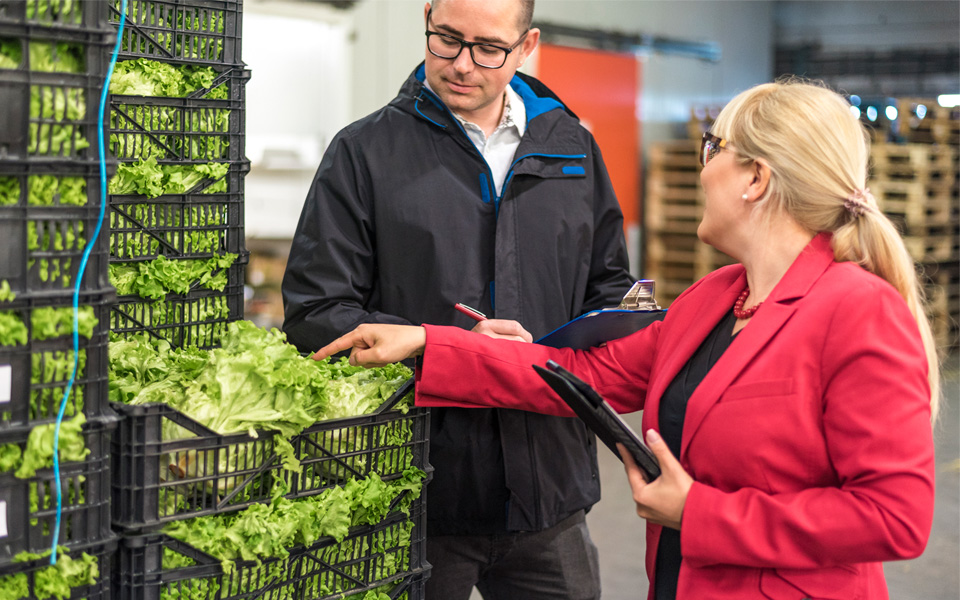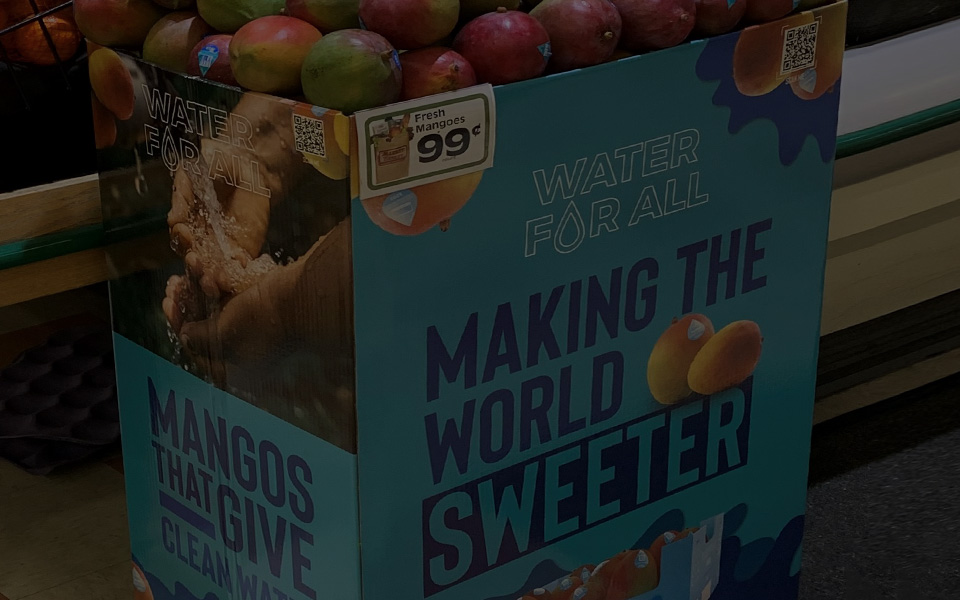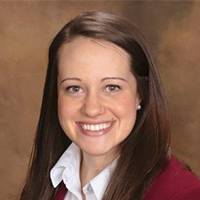In the transition away from refrigerants with high global warming potential (GWP), R-290 (aka propane) has emerged as a viable natural refrigerant alternative. Offering low GWP and high performance in applications that don’t require large refrigeration loads, R-290 is already used in low-charge, self-contained systems. Recent updates to refrigerant safety standards would allow for higher charges of R-290 and unlock the potential for higher-capacity applications. In the next installment of our Journey to Lower-GWP Refrigerants E360 Webinar series, which will take place on Tuesday, Sept. 6 at 2 p.m. EDT/11 a.m. PDT, Justin Miles, Copeland account executive, and I will discuss the continued emergence of R-290 and its potential applications in commercial refrigeration.

Since the early stages of the refrigerant transition, foodservice and food retailer operators have integrated self-contained R-290 units into their refrigeration portfolios. Examples include small reach-in display cases, beverage coolers, frozen drink machines, ice machines and ice cream freezers. With a GWP of 3 and a charge limit of 150g, R-290 became an ideal choice for these low-capacity applications and a logical first step on many retailers’ low-GWP refrigerant journeys.
R-290 has a proven history of providing excellent performance in self-contained applications. Of course, the primary operational concern with using R-290 has always been its A3 “higher flammability” classification. The first edition of the Underwriters Laboratories (UL) 60335-2-89 safety standard addressed these flammability concerns and established guidelines for the safe use of R-290 — which included the 150g charge limit. Ultimately, this led to its “approved” listing by the Environmental Protection Agency’s (EPA) Significant New Alternatives Policy (SNAP) Rules 20 and 21.
In 2021, the UL published the second edition of its 60335-2-89 standard, which approved charge limit increases for both A3 and A2L “lower flammability” refrigerants. But this was just the first of many steps needed to support R-290 charge limit increases in commercial refrigeration applications. Subsequent EPA regulations, installation standards and building codes will also need to be completed. Regardless, many industry stakeholders have long speculated about how the prospect of increasing flammable refrigerant charge limits could potentially improve the business case for R-290.
In our next E360 Webinar, Applying R-290 in Commercial Refrigeration Applications, Copeland’s panel of R-290 experts will explore the implications of increasing charge limits and discuss R-290’s current and potential future roles in stakeholders’ low-GWP refrigerant strategies. Attendees will learn:
- Refrigerant trends driving the increased adoption of R-290
- Overview of the UL safety standards and proposed charge limit increases
- Additional regulatory approvals needed to support higher R-290 charge limits
- R-290 thermodynamic properties, performance characteristics and energy efficiencies
- Safety considerations and handling best practices
So, if you’re curious about the expanding role of R-290 in commercial refrigeration, be sure to join Justin and I on Tuesday, Sept. 6 at 2 p.m. EDT/11 a.m. PDT for this free and informative webinar.

Six Ways to Reduce Food Waste by Tracking the Supply Chain
*Emerson’s Climate Technologies business is now a new standalone company: Copeland. Over the next...

Protect Valuable Shipments in High-Crime Areas
*Emerson’s Climate Technologies business is now a new standalone company: Copeland. Over the next...

Real-time Tracking Protects Valuable Mango Cargo
*Emerson’s Climate Technologies business is now a new standalone company: Copeland. Over the next...
